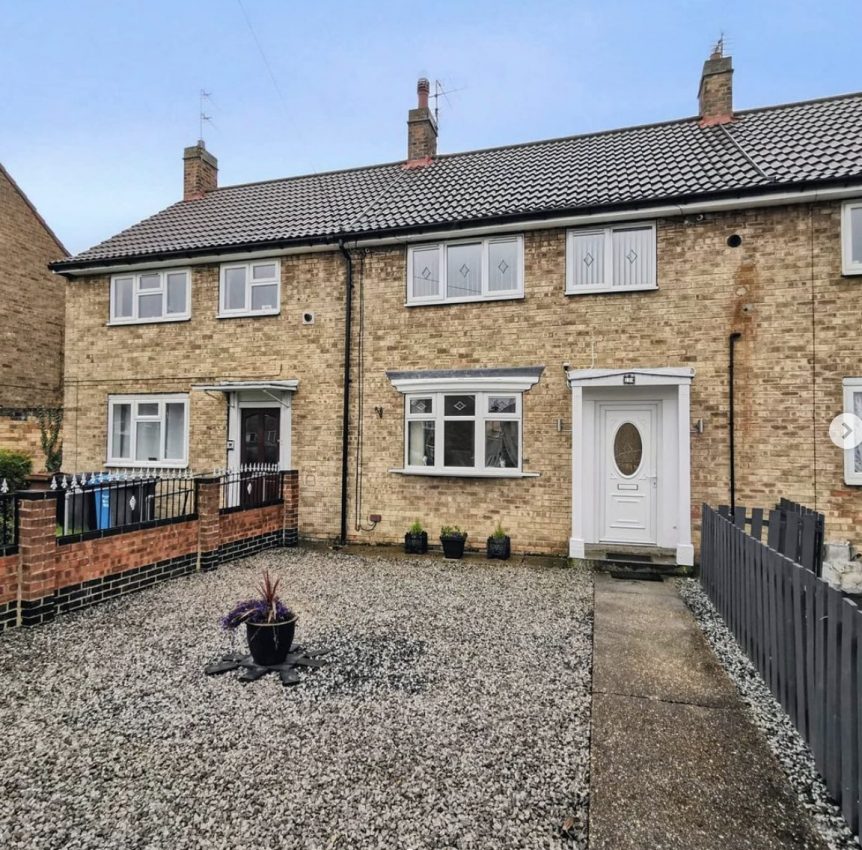The question – can someone sell my house without my permission in the UK – is a terrifying thought.
But that is exactly what happened to one man when he returned home to find it had been stripped of all his belongings.
The house had been sold without the owner knowing after his identity was stolen. He went from homeowner to trespasser in an instant when another man, who had bought the house, turned up on the doorstep.
The police called it a civil matter – and the fraudsters disappeared with the profits.
Are there ways that you can pre-empt this from happening?
Your house is more vulnerable to being fraudulently sold without your permission if: it is empty, rented out, or mortgage-free; is unregistered with HM Land Registry; you live abroad; or your identity has been stolen.
Fraudsters can use false documents to pose as you and transfer your property into their name before selling it. Estate agents, solicitors, and banks must check the people they deal with during a sale – but it’s not fool-proof.
One thing you can do to help protect your home from criminals is to sign up for HM Land Registry’s free Property Alert service.
The tool is like an alarm bell sending emails to let you know if someone is trying to sell your home.
It takes only minutes to set up, but about 99% of wholly owned (mortgage free) homes – some of the most at risk – are not protected by these safeguards, Government data shows.
Only around 25% of homeowners have signed up, leaving about 7.25 million British homes vulnerable to criminals.
You can monitor up to 10 properties using the tool, even if you don’t own them.
To receive the alerts, list your property under the HM Land Registry. It will already be registered if you bought it or mortgaged it since 1998 – but check https://www.gov.uk/search-property-information-land-registry and update any incorrect information.
What are your rights in the UK?
Fraudsters trying to sell your property from under your nose will transfer your property into their name using false documents.
You can safeguard your property further by applying for a restriction on its title deeds. It means the Land Registry cannot register a sale or mortgage unless a solicitor certifies that you made the change.
It costs £40 if you live in the property and is free of charge if you don’t live there but own it privately.
Send applications to the HM Land Registry Citizen Centre, PO Box 74, Gloucester. GL14 9BB.
While the scam can cause a terrible amount of stress, shock, and heartache for homeowners, they are protected financially from crime by the Government’s compensation scheme.
The Land Registry shelled out £3.5 million because of scams in 2020, a 60% increase from £2m in 2019.
If you’re the victim of a scam, you can contact the HM Land Registry property fraud team via reportafraud@landregistry.gov.uk or 0300 006 7030 from Monday to Friday, 8am to 5pm.
Research is key
When buying and selling property, it is vital to research any queries you have to avoid falling victim to one of many different types of scams in the UK.
These include having your house fraudulently sold without your permission, as well as email hacking, investment scams, quick sales, illegal online auctions, paying commission twice, and false advertisements of holiday homes as permanent residences.
Doing thorough research could save you hundreds of thousands of pounds while protecting you from financial and emotional heartache.
For related articles and advice, you may also like:

